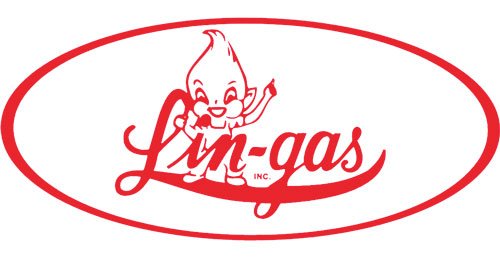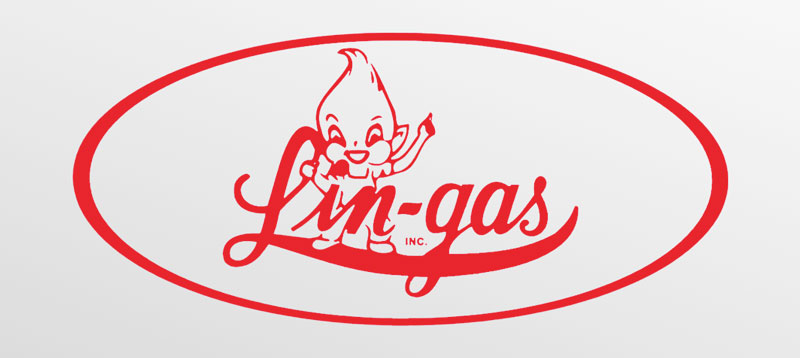Propane and You — What You Need to Know About America’s Cleanest Gas Energy
A lot of Americans depend on propane for their home energy needs. With so much uncertainty and so much fluctuation in the pricing of other energies (as well as limited availability), propane easily maintains its spot as one of our most cost-efficient fuels.
A versatile energy source, more than 9 million families use propane as their go-to means of powering their furnaces, water heaters, stoves and ovens, grills, fireplaces, generators, and a wide array of other devices. Propane is one of the cleanest burning, most cost-efficient fuels available in today’s energy-obsessed society. This is likely why over 8.1 million homes currently depend on propane power.
Propane fuel is in great abundance, too. This is perhaps one of its most celebrated strengths. Around 90% of the U.S.’s propane supply is produced within its own borders, which is also a strong selling point for propane. The remaining 10 percent comes from Canada and Mexico. The reason propane fuel is so easily manufactured domestically and is so abundant is because (approximately) identical amounts of it are produced as a result of refining crude oil and natural gas processing. So in a way, we produce propane intentionally through a unique manufacturing process, but we also get tons of it just from working with other natural energy sources. For these reasons, propane is thought of as readily available, secure, and responsible energy source. Its positive environmental impact is widely noted.
Propane tanks and propane accessories are easily purchased, stocked, and maintained, offering a slew of benefits for residential propane customers. If you have a long winter coming, it’s easy to simply double up and purchase an extra tank. You only have to purchase what you’re going to use, and won’t be wasting tons of money heating and cooling a home with some of the more expensive alternatives. Another unsung benefit of using propane technology is not having to depend on exterior connections for energy use. In other words, if something happens to the local gas and energy company, you’re protected! The propane you depend on is already in your home.






